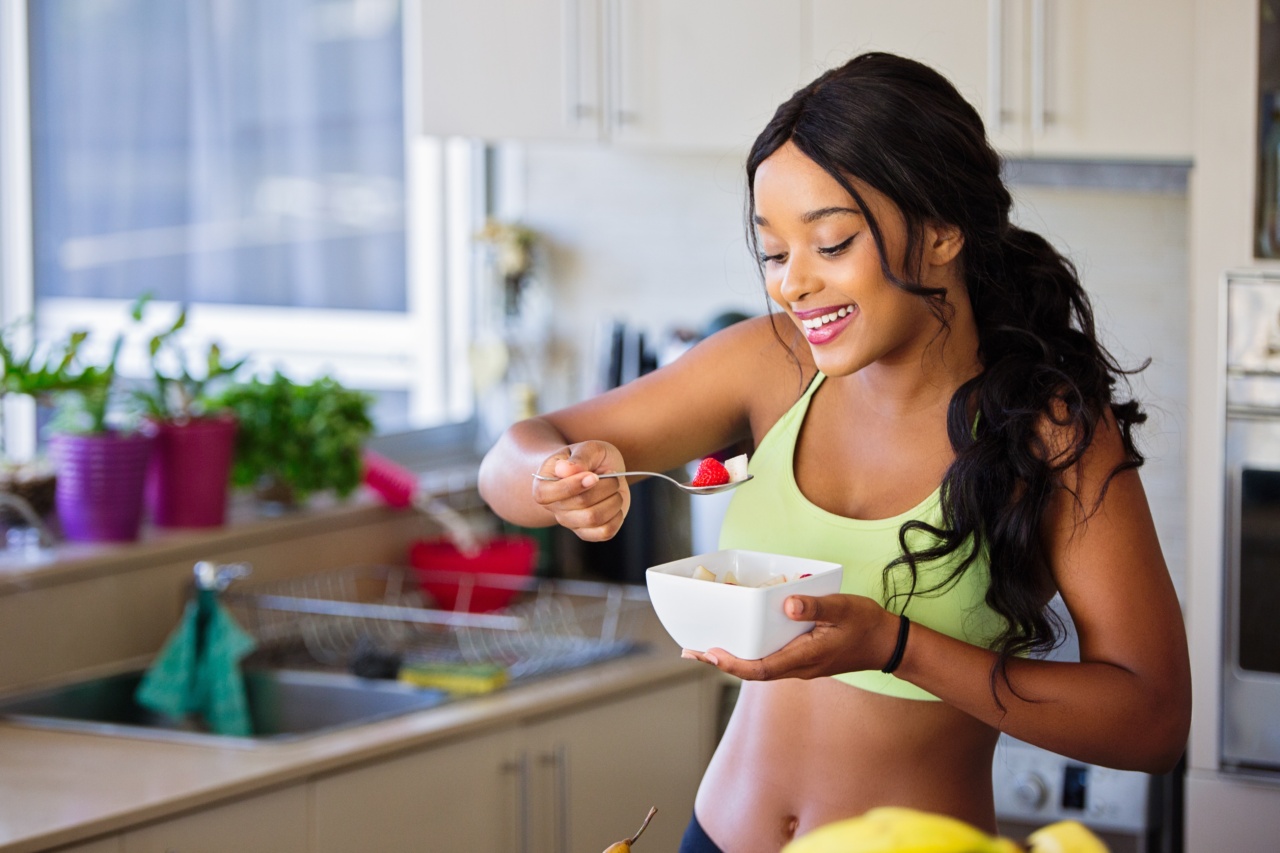Iron deficiency is a common nutritional issue affecting millions of people worldwide. It occurs when your body lacks enough iron to produce sufficient amounts of red blood cells, leading to various health problems.
While iron supplements are often recommended, they can cause digestive issues and may not be suitable for everyone. Fortunately, you can beat iron deficiency by incorporating certain iron-rich foods into your diet.
In this article, we will explore the importance of iron, the symptoms of iron deficiency, and provide a list of healthy foods that can help you overcome this condition.
The Importance of Iron
Iron is an essential mineral that plays a vital role in various bodily functions. It is a key component of hemoglobin, a protein in red blood cells that carries oxygen from the lungs to other tissues throughout the body.
Additionally, iron is involved in energy production, immune system function, and cognitive development.
Signs and Symptoms of Iron Deficiency
Iron deficiency can manifest in numerous ways, and its symptoms can range from mild to severe. Some common signs of iron deficiency include:.
- Fatigue and weakness
- Shortness of breath
- Pale skin
- Brittle nails
- Headaches
- Irregular heartbeat
- Dizziness
Foods to Fight Iron Deficiency
If you’ve been diagnosed with iron deficiency or suspect you might be iron deficient, incorporating iron-rich foods into your diet can make a significant difference. Here are ten healthy foods that can help you beat iron deficiency:.
- Spinach
- Beef
- Lentils
- Oysters
- Tofu
- Quinoa
- Chickpeas
- Dark Chocolate
- Fortified Cereals
- Sesame Seeds
Spinach is an excellent source of non-heme iron, which is the type of dietary iron found in plant foods. It also contains vitamin C, which enhances iron absorption.
Add spinach to salads, smoothies, or sauté it as a side dish to increase your iron intake.
Beef is a rich source of heme iron, which is better absorbed by the body compared to non-heme iron. Lean cuts of beef, such as sirloin or tenderloin, provide iron along with high-quality protein.
Make sure to cook beef thoroughly to prevent any foodborne illnesses.
Lentils are not only packed with iron but also contain a good amount of protein, fiber, and various other essential nutrients. They are versatile and can be used in soups, stews, salads, or even made into lentil burgers.
Oysters are a fantastic source of heme iron, as well as zinc, vitamin B12, and omega-3 fatty acids. Consuming oysters can help boost your iron levels, but they should be consumed in moderation due to their high cholesterol content.
Tofu, made from soybeans, is an excellent plant-based source of iron. It is also rich in protein, calcium, and other essential minerals.
Incorporating tofu into stir-fries, salads, or as a meat substitute in various dishes can help increase your iron intake.
Quinoa is a nutritious grain that contains a significant amount of iron, along with fiber and magnesium. It can be used as a base for salads, added to soups, or used as a side dish in place of rice or pasta.
Chickpeas, or garbanzo beans, provide a good amount of iron and are a great protein source for vegetarians and vegans. They can be used in salads, roasted as a crunchy snack, or turned into delicious hummus.
Yes, you read that right! Dark chocolate is not only a delicious treat but also contains a decent amount of iron. Opt for dark chocolate with a high cocoa content to maximize its health benefits.
Many cereals are fortified with iron and other essential vitamins and minerals. However, it is important to choose whole-grain, low-sugar options to ensure you are getting the most nutrients without unnecessary additives.
Sesame seeds are a good source of iron, calcium, magnesium, and other minerals. Sprinkle them on salads, stir-fries, or use them in homemade granola bars for an iron-rich boost.
Combining Iron-Rich Foods with Vitamin C
To enhance iron absorption from plant-based sources, it is recommended to consume them with foods high in vitamin C. Vitamin C can significantly increase the absorption of non-heme iron. Some fruits and vegetables rich in vitamin C include:.
- Oranges
- Strawberries
- Bell peppers
- Kiwis
- Tomatoes
By combining iron-rich foods with vitamin C sources, you can optimize your iron absorption and overcome iron deficiency more effectively.
Conclusion
Iron deficiency can have a significant impact on your overall health and well-being. However, by incorporating iron-rich foods into your diet and ensuring adequate vitamin C intake, you can beat iron deficiency naturally.
Remember to consult with a healthcare professional or a registered dietitian before making any significant dietary changes. With the right combination of healthy eating and proper medical guidance, you can overcome iron deficiency and improve your quality of life.





























